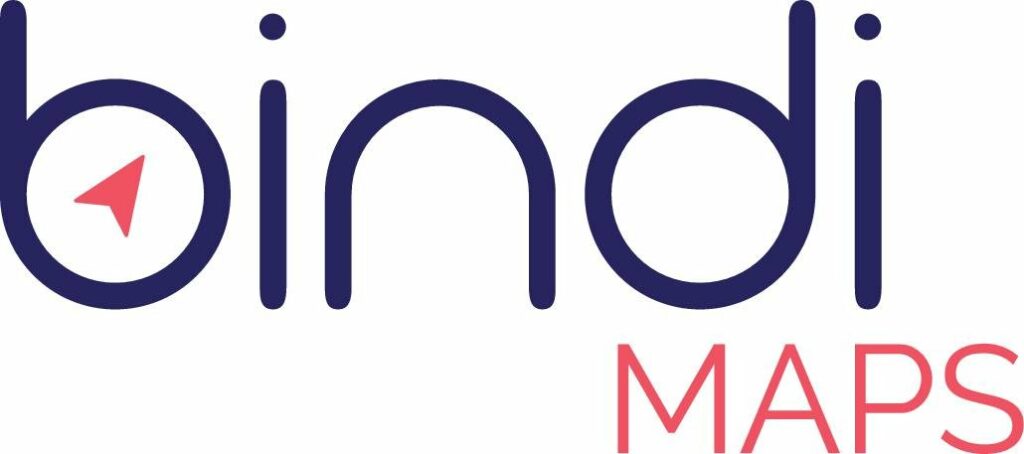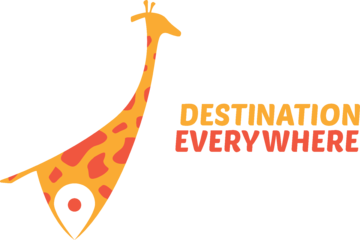AITCAP 2021 – Day 3 | May 20th | Highlights
Accessible & Inclusive Destination Marketing
Day 3 of AITCAP 2021 and we explored every corner of the Asia-Pacific from Japan to Nepal to deliver comprehensive sessions on Accessible & Inclusive Destination Marketing.
📜 QUOTE OF THE DAY
“As a blind person you need to feel everything, experience everything. People ask me "Why does a blind-person want to go see another country?". The answer is WHY NOT? It's not about just seeing a country with your sight, it's about using all your senses to create a picture inside your head”
Tony Giles, aka Tony the Traveler
✈️ KEY TAKEAWAY
Despite different languages, cultures and tourist offerings, the need for accessible & inclusive tourism is universal and goes beyond box ticking items to be compliant. This involves end-to-end customer experiences that positively impacts not just those with disabilities but the senior sector and travel support companions. Targeting this under-served and valuable market represents an untapped opportunity for Destination Marketing Organisations (DMOs) and tourism businesses.
The panel on Japan commenced on an optimistic note as the founder of Ohayo Travel Corporation provided the audience with a glimpse into the Japanese tourism sector. “The barrier free environment in Japan has really been improving in the last 20 years” suggesting that small shifts have surmounted to great change. Meanwhile in the Philippines, Veneranda Mateo urges tourism operators to invest in accessible tourism with the hope of encouraging government reforms; “The stakeholders and the government are trying their best to implement Barrier Free Tourism to better serve the local and international markets. But unless the tour operators are able to see the big market that is the Disability sector, the Philippines won’t meet success in its strategy of Tourism For All.”
“Tourism For All” emphasises that accessible & inclusive tourism is not a niche market. In fact Giovanna Lever reminds us that “The network of blogs, communities and groups of people with disability and their families and support workers is enormous and far-reaching.” Supporting people with disabilities creates a ripple impact that can change social behaviour. “If people who have disabilities have access to public transportation…they are more likely to be seen by others which has a positive impact on the inclusivity of the society as a whole,” Josh Grisdale remarked.
Accessible & inclusive tourism is a powerful entry-point across generations and benefits the elderly consumer segment as well. Giovanna Lever explains: “The seniors market is also an important contributor to the Australian economy, and operators need to be aware of accommodating these customers. Seniors coming through now are more financially secure than previously by nature of their generation, and they’re ready and wanting to spend.”
But when it comes to accessible tourism Lever is quick to remind the audience that this goes beyond box ticking; “It’s more than accessible toilets and hotel rooms, and broader than structural changes such as ramps and wider aisles. It encompasses the entire customer journey from pre to post experience.” She reveals that key areas to improve include; “training your staff on how to accommodate the needs of all people, the font you choose for your website, how you arrange your product, and where you place your signage.” Garry Ellem from Lake Macquarie leaves us with these final thoughts: “If you’re thinking about it, and you haven’t done it, jump in! Don’t hesitate, jump in, get involved. The market’s huge. The customers are fantastic. They’re so engaged. Pick the brains of people who have some experience and have some knowledge of the specifics.”






